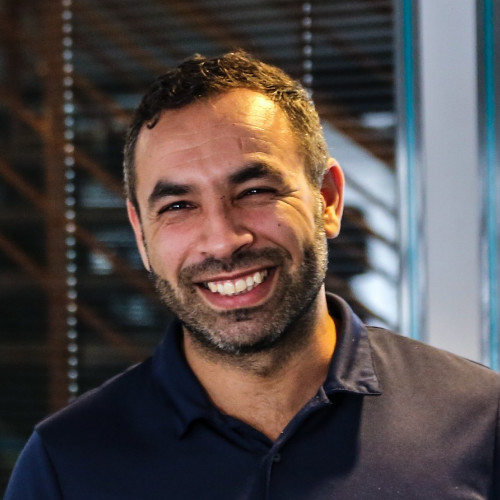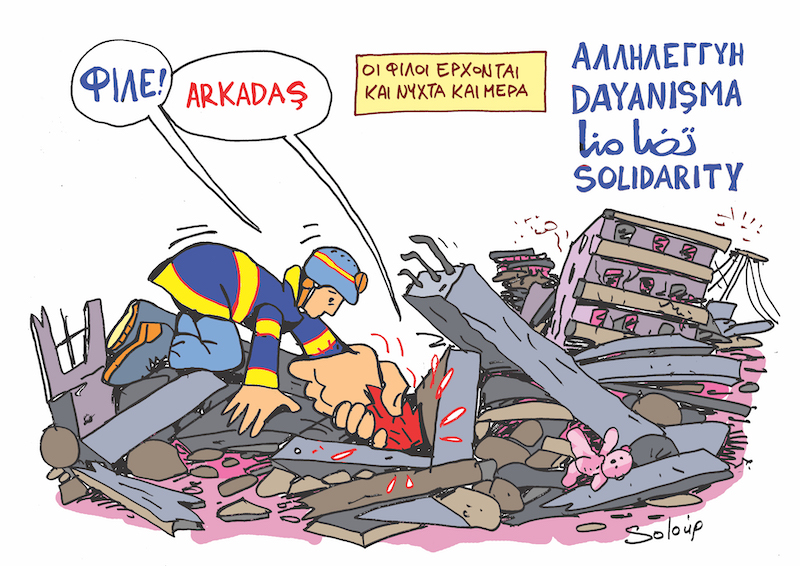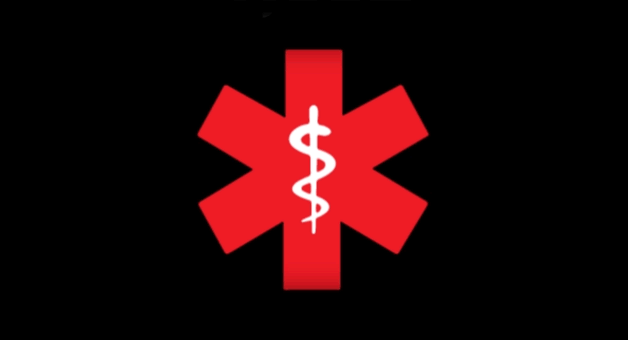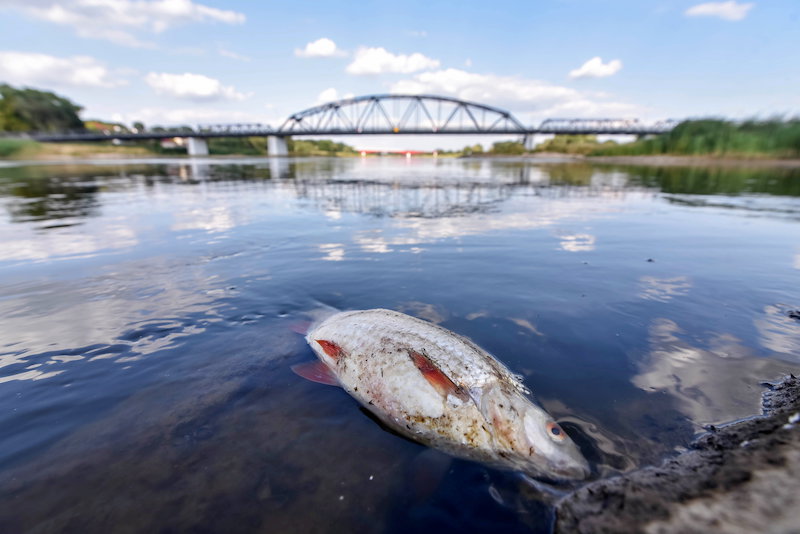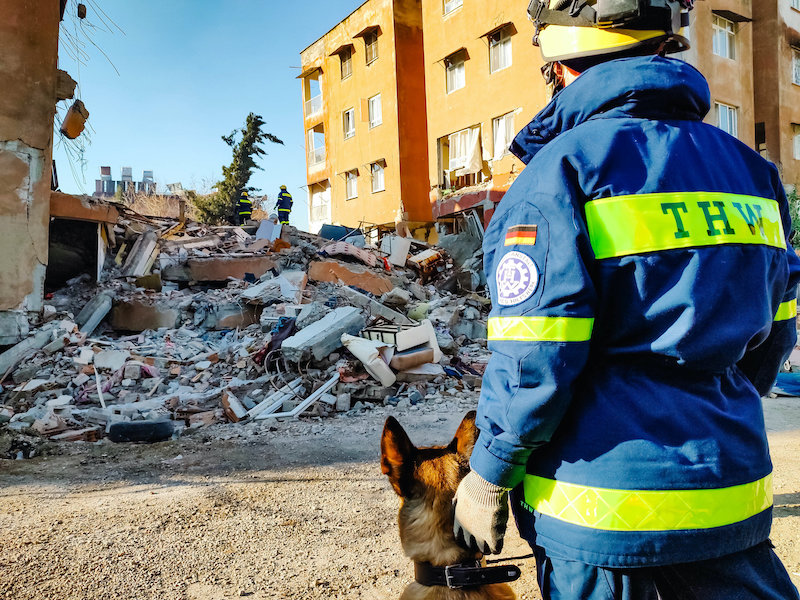Based in Gaziantep,Turkey, Hakim Khaldi is the head of studies for the Middle East zone in the French NGO Médecins Sans Frontières, which is responding to humanitarian needs in northern Syria after the earthquake killed more than 37,000 people in the region, including more than 3500 in Syria.
What are the current needs in Syria?
On the medical side, there are needs at all levels. The majority of people living in the Idlib area are displaced, even multiple-displaced. When the earthquake happened on Monday (6 February), a lot of people flocked to the hospitals. Médecins Sans Frontières (MSF) has one of the few burn hospitals in the opposition areas. We had to donate equipment, vehicles and medical teams to the affected areas. Border hospitals do not have the capacity to treat Syrians, many of whom are seriously injured, and most [nearby] Turkish hospitals have been destroyed or damaged. The current situation takes us back five years. There are even fewer hard buildings available and even more people living in tents.
Syria is a country at war and many States do not recognise the legitimacy of Bashar al-Assad’s regime. How does this complicate the delivery of humanitarian aid?
There are two main complexities. The first is that Syria is a country at war. The second is that Western countries cannot send bilateral aid because of US sanctions. In Turkey, on the other hand, aid has been sent by several states, including France, Qatar and Saudi Arabia. However, they cannot land a humanitarian plane in Damascus or Aleppo. They are therefore dependent on border countries to deliver aid.
Is this also complex because the region of Idlib, the last enclave of the Syrian opposition, is beyond the control of the regime?
The regime does not provide any aid there. In northern Syria, the population is dependent on the international border crossing Bab al-Hawa, on the Syrian-Turkish border. The absence of bilateral aid has major consequences for MSF: our emergency stock is empty. We have to ask for emergency orders, but it takes time, since Turkey is itself affected by the earthquake. Since 2014, a UN resolution has renewed the Bab al-Hawa corridor every six months, which complicates the continuity of the healthcare system.


